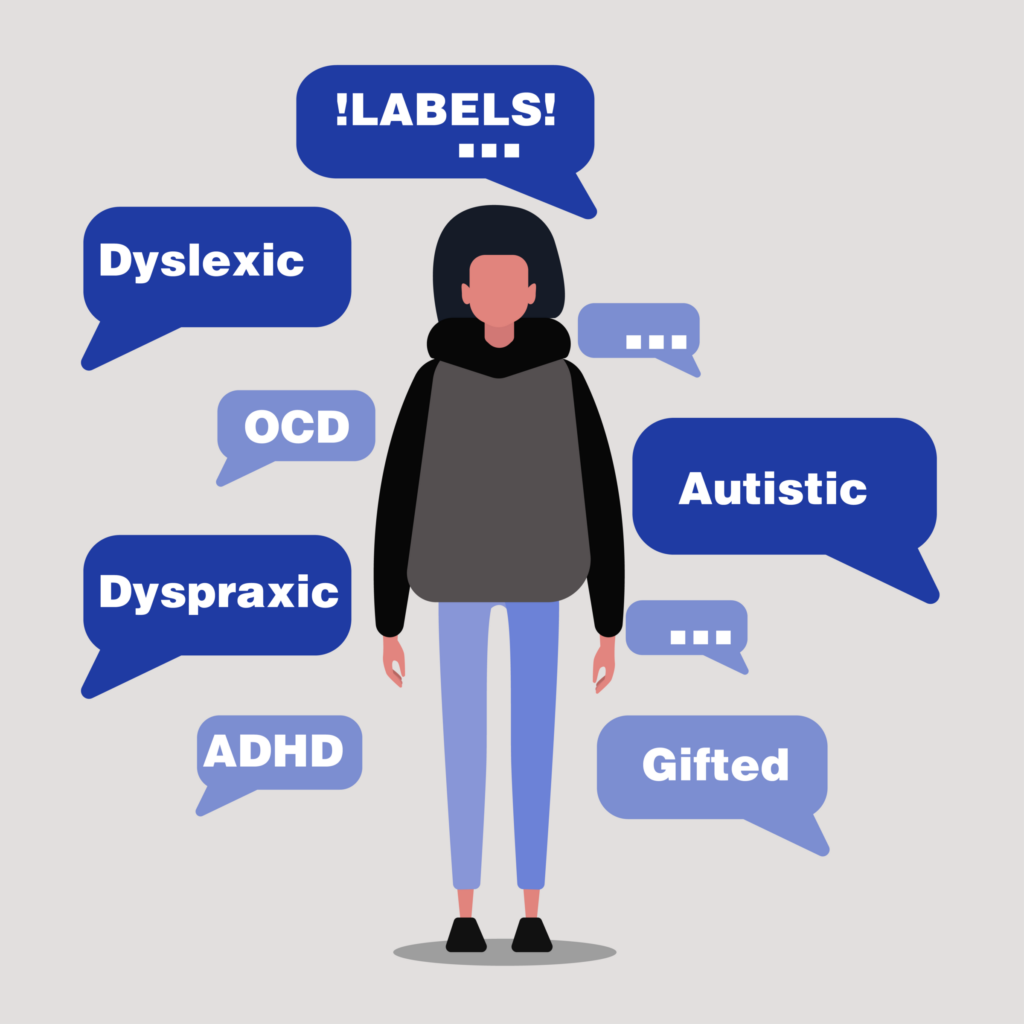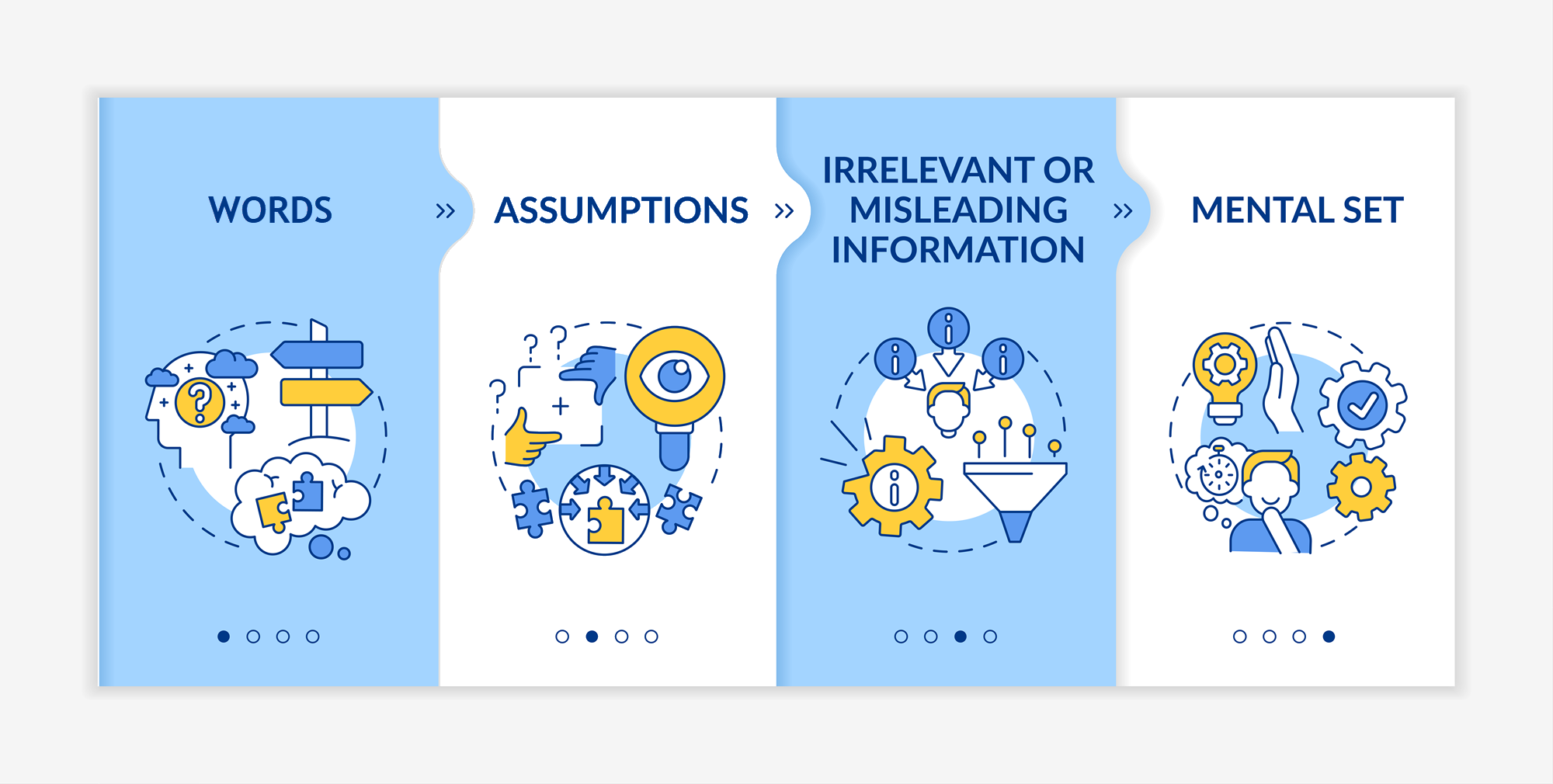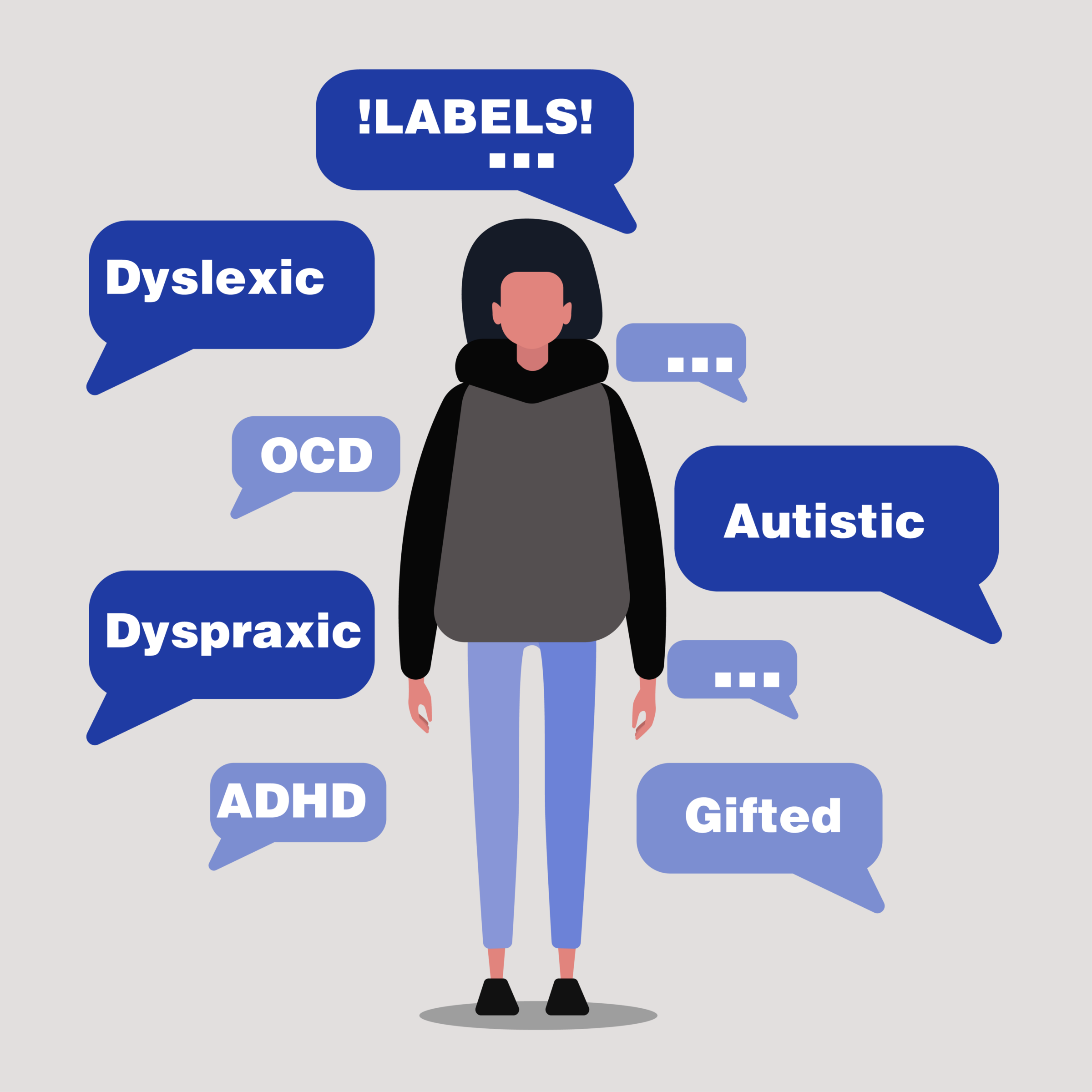
Why being labeled as neurodivergent can be a career killer — and a personal burden
I strongly dislike labels. I’m putting that right up top, so I can explain why..
As a former teacher, I understood both the advantages and disadvantages of labeling students. In adulthood, especially in the workplace, labeling can be much more problematic.
With neurodiversity initiatives being embraced in companies worldwide, labeling seems to be in vogue — at least in the executive suite. At the employee level, it’s not nearly so popular.
Just a few days ago, Elon Musk worked a mention of his Asperger’s disorder into his opening monologue on Saturday Night Live. “I’m the first person with Asperger’s to host SNL … or at least the first to admit it,” he said.
His quip revealed a truth that many companies don’t catch on to: Most employees who were labeled in school with learning disabilities do everything possible to hide those labels in their adult life.
Yet it seems as though many companies want to fly the banner and shout out to the world that they are embracing neurodiversity. In their efforts to do so, they are creating new labels to identify and classify neurodivergent workers and new hires. While this can be helpful when teaching neurotypical employees and managers about neurodivergent colleagues, in many cases companies are:
1) struggling to get the labels right,
2) unwittingly creating a subgroup in the workspace that may not appreciate being put out on display, and
3) are totally oblivious to the neurodivergent thinkers who have been hiding in their ranks for decades.
The Power of A Word

Words aren’t just placeholders, Psychology Today points out. They determine what we see and therefore influence our mental set. Our mental set influences our response to situations and people. That’s why we must be careful before labeling a person as either neurodivergent or neurotypical.
And here we are, poised to take steps forward in a neurodiversity initiative while occasionally taking a step back as we sort these dynamics out. To be clear, there is much controversy over these labels.
There are people who are gifted who are furious that the “gifted label” is being used interchangeably with “autistic.” Not all people in the autism spectrum are gifted, and not all gifted people are in the autism spectrum. There’s also controversy over whether we should say “autistic people” or “people with autism.” And then we have the challenge of understanding that neurodiversity includes divergent thinkers who may not be autistic at all. They might have dyspraxia, OCD, dyslexia, ADHD, etc. Wait! They might not even have a diagnosed cognitive issue!
There are people who believe that Silicon Valley was started by divergent thinkers and people in the autism spectrum. I’d like to point out that none of these brilliant technology wizards like Musk or Bill Gates were labeled when Silicon Valley became the hub of technological innovation.
I find it fascinating that now, many of these technology corporations recruit and hire round pegs that fit in round holes. They use artificial intelligence to filter out resumes eliminating potential brilliance. And now, faced with stagnating creativity, some are beginning to institute neurodiversity initiatives to try and get that spark of brilliance and innovation more often found in square-peg thinking back into those same corporations.
Human beings are fascinating creatures, aren’t they?
New labels, same people

I’ve never really liked the label “neurodivergent.” I prefer “divergent thinker,” even though neurodivergent is the more accurate definition. It’s human cognition that differs in mental or neurological function from what is considered typical or aligned to cultural norms. It’s frequently used to reference autistic spectrum disorders, even though it can be applied to other disorders like dyslexia.
But if you think about the word — neuro-DIVERSITY. Diversity of thinking. Diversity of how brains work. It’s really about divergent thinking. But it’s being increasingly used as a generic label that assumes all neurodivergent people are autistic.
In the admirable move toward creating a more inclusive, rounded, innovative, workforce, companies may unwittingly be doing more harm by using labels that create assumptions in the minds of their neurotypical workers.
And what will diverse thinkers do if they believe they’ll be labeled and treated differently from their peers? They may just shrink into the shadows, or be ignored or marginalized by their peers and managers. They may be laid off and have trouble finding another job — because of a label that their employer decided would be great for the company.
In fact, an October 2020 survey of U.K. managers by the Institute of Leadership & Management found that half of those leaders would not hire a neurodivergent person. “Most employers are scared to hire neurodivergent people as they only calculate the risks based on the deficits of the condition,” said Claire Smith, CEO of Autistic Nottingham, about the report.
How do you think this deficit mindset affects neurodivergent employees? Many of them are already painfully aware of this type. They experience it in every aspect of their life. Even worse is the feeling that they are socially excluded by their peers, something the ILM report also noted. Labeling isn’t going to help them in this case.
It’s important to be informed about these concerns before applying labels to neurodivergent employees or calling them out to their peers. Companies must develop a solid strategy for implementing programs that truly support neurodivergent employees — divergent thinkers — rather than just following a fad.
Definitions as Referenced in this Article:
The following definitions were created by Nick Walker, of neurocosmopolitanism.com.
Neurodiversity is the diversity of human minds, the infinite variation in neurocognitive functioning within our species.
Neurodivergent, sometimes abbreviated as ND, means having a brain that functions in ways that diverge significantly from the dominant societal standards of “normal.”
Neurotypical, often abbreviated as NT, means having a style of neurocognitive functioning that falls within the dominant societal standards of “normal.”
Neurominority, any group, such as people with autism*, which differs from the majority of a population in terms of behavioral traits and brain function
*preferred language … such as autistic people, which…
References:
Dias, J., & Altman, D. (2020, December 1). Psychological safety: an overlooked secret to organizational performance. Retrieved February 7, 2021, from https://www.chieflearningofficer.com/2020/12/01/psychological-safety-an-overlooked-secret-to-organizational-performance/?utm_source=ActiveCampaign&utm_medium=email&utm_content=Child+Care+Isn+t+the+Only+Caregiving+Crisis+Affecting+Women+in+the+Workforce&utm_campaign=CIR_TM_TM+Weekly_011121&vgo_ee=s4q7bRd6TToZi0%2BuTKKoI4YYrEQCx9MwF%2Fra7Q6l2HE%3D
Fitzell, S. A. (2021, January 26). What Is Neurodiversity in the Workplace? | The Learning Strategist IQ. Retrieved February 7, 2021, from https://medium.com/the-learning-strategist-iq/what-is-neurodiversity-in-the-workplace-and-why-do-i-need-to-know-95dfac06cb02
Fostering neurodiversity in teams | Nesta. (n.d.). Retrieved February 7, 2021, from https://www.nesta.org.uk/feature/innovation-squared/fostering-neurodiversity-teams/
Meehan, L. (2020). What is Neurodiversity and How does it Benefit Business · CPL. Retrieved February 7, 2021, from https://www.cpl.com/blog/2020/05/what-is-neurodiversity-and-how-does-it-benefit-business
Neurodiversity at work | Acas. (n.d.). Retrieved February 7, 2021, from https://archive.acas.org.uk/index.aspx?articleid=5858
Neurodiversity Hiring Initiatives & Partnerships. (n.d.). Retrieved February 7, 2021, from https://askearn.org/topics/neurodiversity-in-the-workplace/neurodiversity-hiring-initiatives-partnerships/
Sherwood, G. (n.d.). Cultivating Uncommon Human Intelligence — Engaging Exceptional Minds. Retrieved February 7, 2021, from https://gordsherwood.ca/
Smith, T. (2021). Why Hiring Upside Down Thinkers Is a Competitive Advantage. Retrieved February 7, 2021, from https://www.additudemag.com/workplace-neurodiversity-benefits-adhd-talent/
Woo, E. (2019, October 25). Workplace Neurodiversity | Autism at Work | SAP News Center. Retrieved February 7, 2021, from https://news.sap.com/2019/10/workplace-neurodiversity-autism-at-work-program/
CLICK HERE to visit the articles page.

Download Neurodiversity in the Workplace! – Free!
Bring Susan Fitzell, M.Ed., CSP
Top Neurodiversity Speaker
To YOUR Organization!

